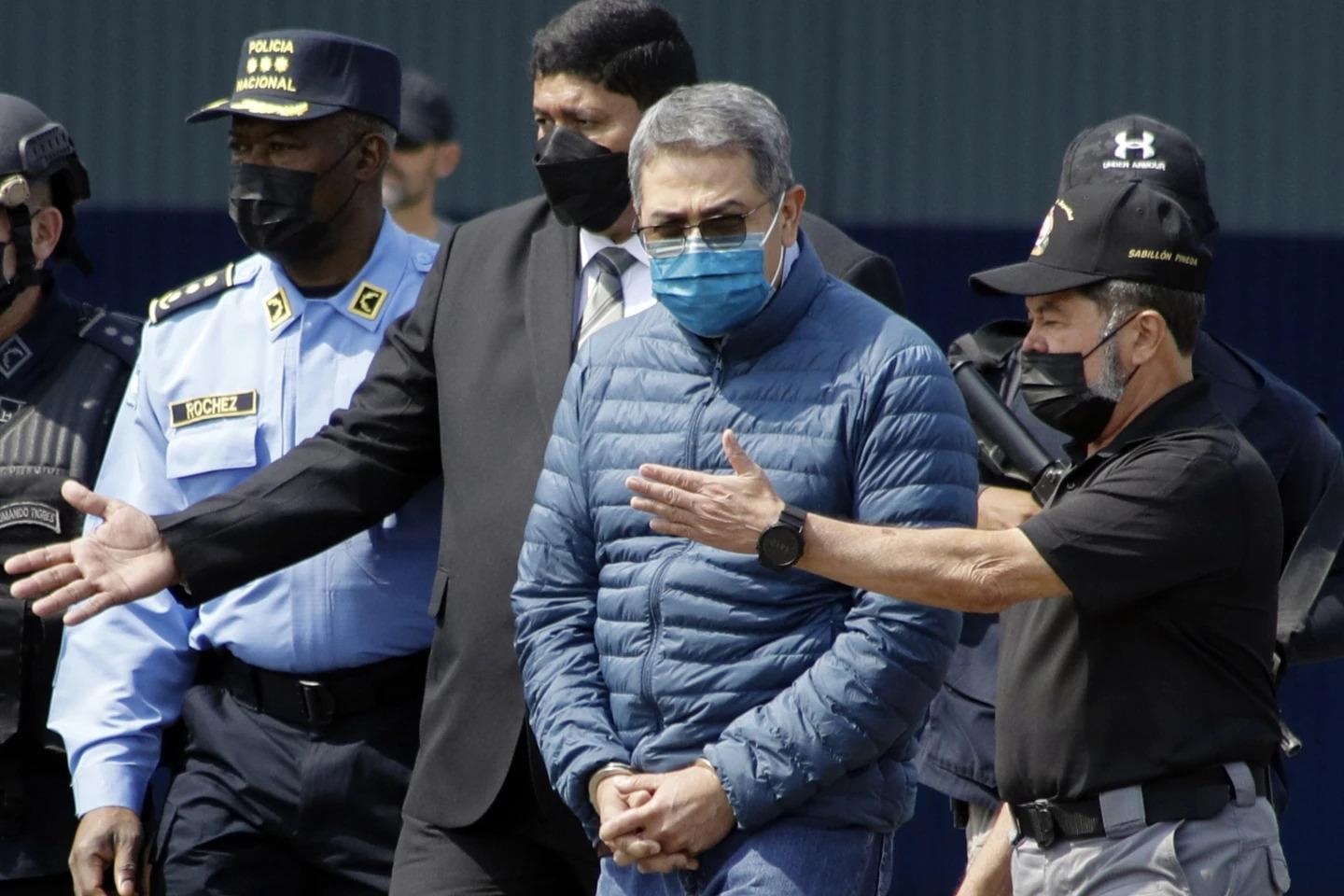IRTF is among the 50 faith-based organizations representing many faith traditions calling
on the Biden Administration to immediately rescind harmful and sweeping asylum bans – including
the “Securing the Border” Proclamation and its implementing Interim Final Rule (or the ‘Rule’) first
announced on June 4. We, the signatories on this letter to President Biden, insist that the US support asylum and border policies that live up to our values
and affirm the value and dignity of all
- Home
- About Us
- Issues
- Countries
- Rapid Response Network
- Young Adults
- Get Involved
- Calendar
- Donate
- Blog



